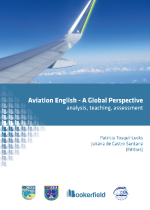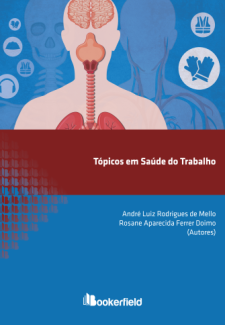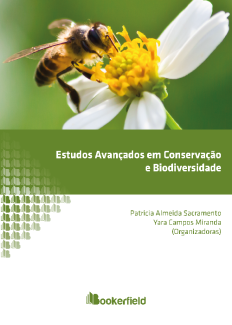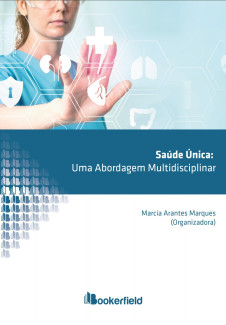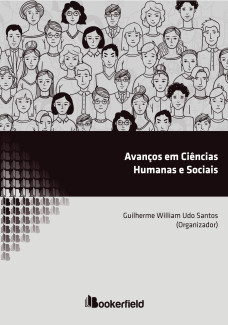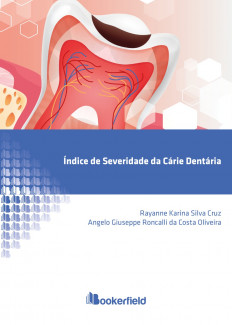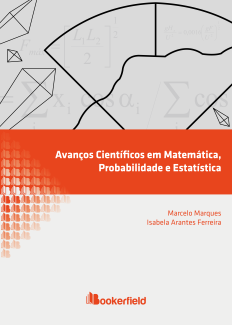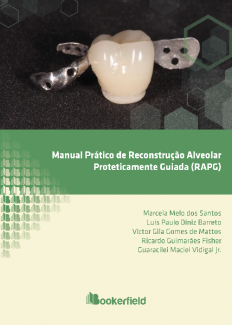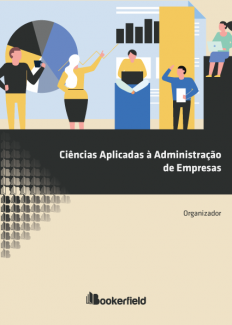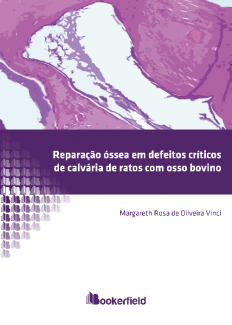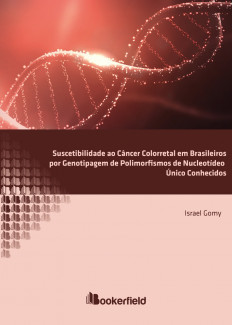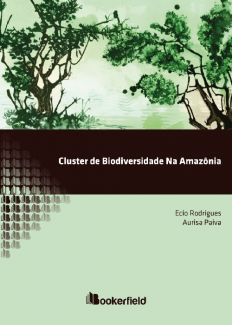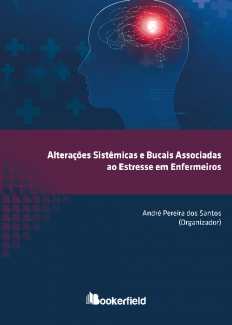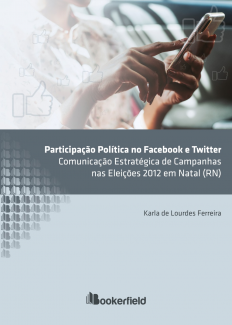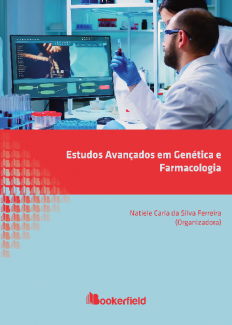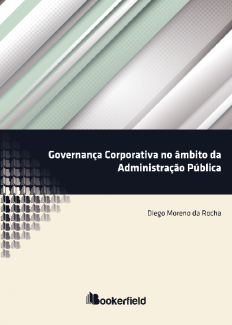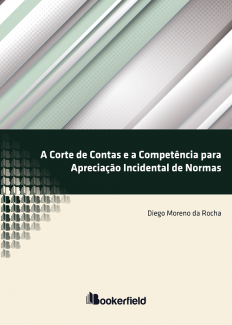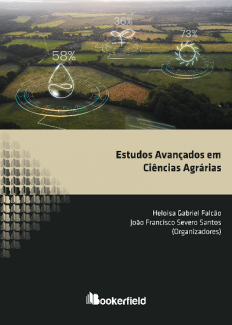Aviation English - A global perspective: analysis, teaching, assessment
Título: Aviation English - A global perspective: analysis, teaching, assessment
Área do Conhecimento: Linguística, Letras e Artes
ISBN: 978-65-89929-70-3
DOI: 10.53268/BKF22080500
Publicado: 21/10/2022
This e-book brings together 13 chapters written by aviation English researchers and practitioners settled in six different countries, representinginstitutions and universities from around the globe. The idea of having this publication was conceived during the 8th GEIA Seminar, an event held online, in November 2021, as a consequence of the COVID-19 pandemic. In the next lines, we introduce GEIA research group, based in Brazil, followed by a brief explanation of the topics addressed in each chapter. GEIA is the “Aeronautical English Research Group”, accreditedby Brazil’s National Council for Scientific and Technological Development (CNPq) and maintained by ICEA, the Airspace Control Institute: a militaryorganization of the Brazilian Air Force. It gathers researchers from different aviation authorities in Brazil, such as the Department of Airspace Control(DECEA), ICEA and the National Civil Aviation Agency (ANAC), and from prestigious universities spread throughout different parts of our country. This group aggregates research studies whose objective is to investigate different aspects of aeronautical English in the Brazilian context, divided into three areas of investigation: aviation language description and analysis; aeronautical English teaching and learning; aeronautical English testing and assessment. The group aims at studying topics such as: the description of the language used in pilot-ATCO radiotelephony communications that go beyond standard phraseology in non-routine and emergency situations, as well as the analysis of the impacts of this communication as a safety component in accidents and incidents, concerning human factors; the analysis of the content, syllabus, instructional material, and other elements of English courses/training offered to pilots and ATCOs, as well as of aviation English teacher training courses; the description and analysis of assessment tools used to evaluate pilots’ and air traffic controllers’ language proficiency for their jobs, test development and delivery, washback effect and rater’s training; other related topics in the interface of aviation English, such English teaching for other aviation professionals, compilation of glossaries and other terminology tools, translation, contrastive analysis with other languages, etc. It is important to emphasize that, for us, aviation English is an umbrella term that refers to the use of the English language by any aviation-related professionals, including not only pilots and ATCOs, but also mechanics, meteorologists, flight attendants, and others. Aeronautical English, by its turn, is the language used solely by air traffic controllers and pilots while controlling international traffic, and the object of the language proficiency requirements addressed by the International Civil Aviation Organization (ICAO) on Doc 98356 (2010). Other researchers from the international community have adopted this distinction in order to avoid misunderstanding. This is why sometimes we use the term aviation English, to refer to research about aircrafct mechanicals or meteorology, for example; and sometimes we prefer the term aeronautical English to emphasize pilot-ATC communications. The results from those studies have highlighted the development and improvement of English language teaching, learning, and assessment resources targeted at Brazilian air traffic control professionals, so as to ensure they are able to use English as a tool for safety in operations.

 Minha conta
Minha conta